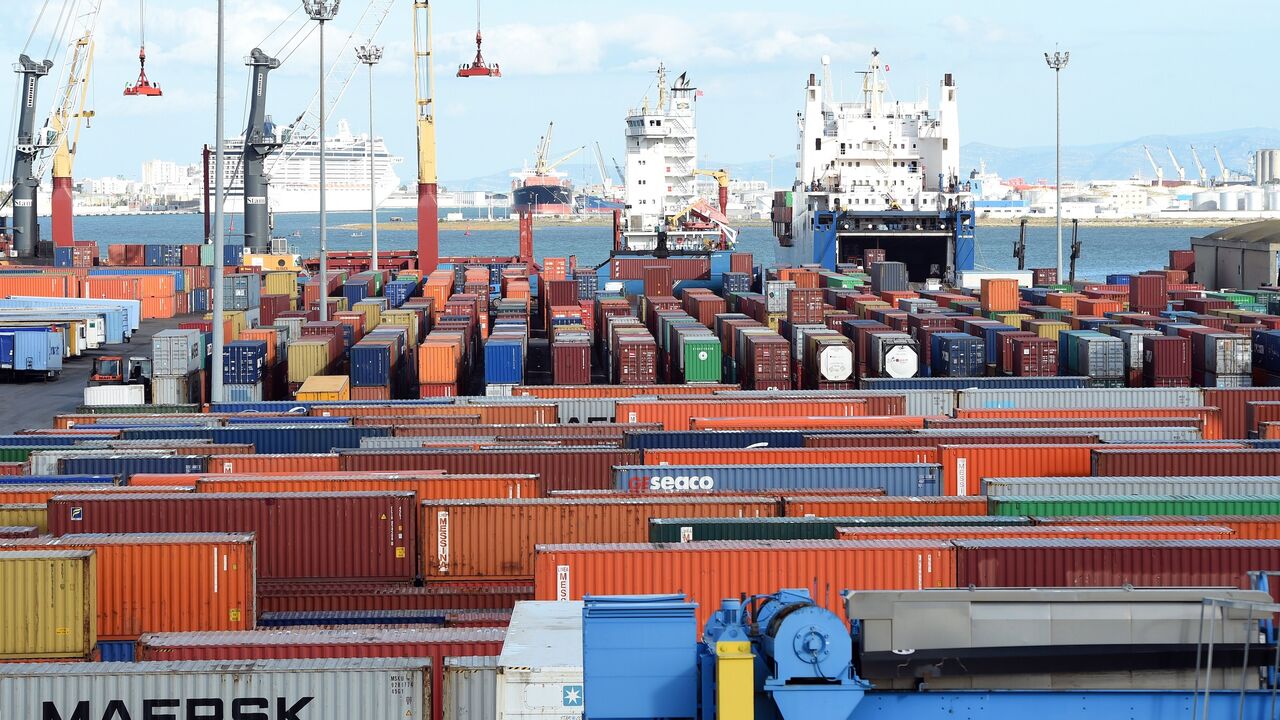
Tunisia’s main imported goods
Tunisia, a North African country, imports a wide range of goods to support its economy and meet domestic demands. Its imports are primarily driven by the needs of its industrial, agricultural, and consumer sectors. The country’s key import categories include machinery, equipment, fuel, vehicles, foodstuffs, and chemicals. Here’s a detailed look at Tunisia’s main imported goods:
1. Machinery and Electrical Equipment
Machinery and electrical equipment constitute a significant portion of Tunisia’s imports. This includes industrial machinery, construction equipment, electrical generators, and telecommunications devices. These imports are essential to support the country’s manufacturing and infrastructure development, especially in industries such as textiles, electronics, and automotive.
2. Fuel and Mineral Oils
Tunisia heavily relies on imported fuels, including crude oil, natural gas, and refined petroleum products. Although the country has some domestic energy production, it is not sufficient to meet the demand, necessitating imports from countries like Algeria and Libya. These imports are vital for Tunisia’s energy consumption and industrial operations.
3. Vehicles and Transportation Equipment
Vehicles, including passenger cars, trucks, and buses, make up another major import category. Tunisia imports vehicles to meet the demands of its growing population and to support its transportation sector. Additionally, transportation equipment such as airplanes and ships is imported for commercial and industrial use.
4. Agricultural Products and Foodstuffs
Tunisia imports various agricultural products and foodstuffs to complement domestic production. Key imported items include cereals (mainly wheat and barley), sugar, vegetable oils, and dairy products. These imports ensure food security and address shortages caused by unpredictable weather and insufficient local production.
5. Chemical Products
Chemical imports are vital for Tunisia’s industrial and agricultural sectors. The country imports fertilizers, pesticides, pharmaceuticals, and industrial chemicals. These are used in agriculture to boost crop yields and in industries like textiles, plastics, and manufacturing.
6. Textiles and Raw Materials
Although Tunisia has a robust textile industry, it imports raw materials such as cotton, synthetic fibers, and dyes to support its production. These materials are often processed and exported as finished goods, making the textile sector a significant contributor to Tunisia’s economy.
7. Metals and Metal Products
Metals such as steel, aluminum, and copper are critical imports for Tunisia’s construction and manufacturing industries. These materials are used in building infrastructure, producing machinery, and fabricating consumer goods.
8. Pharmaceuticals and Medical Equipment
Tunisia imports a substantial amount of pharmaceuticals and medical equipment to support its healthcare system. The demand for advanced medical technology and specialized drugs has driven imports, particularly from European countries.
9. Consumer Goods
Consumer goods, including electronics, household appliances, and clothing, are also key imports. These items cater to the growing demand from Tunisia’s urban population and middle class.
Trade Partners
Tunisia’s main import partners include European Union countries, especially France, Italy, and Germany, as well as China, Turkey, and neighboring Algeria. The proximity of EU nations facilitates trade, while China and Turkey supply a variety of affordable consumer and industrial goods.
Conclusion
Tunisia’s imports reflect the country’s economic priorities and the challenges of balancing domestic production with external dependence. Machinery, fuels, vehicles, foodstuffs, and chemicals dominate its import portfolio, highlighting the interconnectedness of its economy with global trade. These imports are vital for sustaining Tunisia’s industrial growth, infrastructure development, and consumer needs.






Leave a Reply